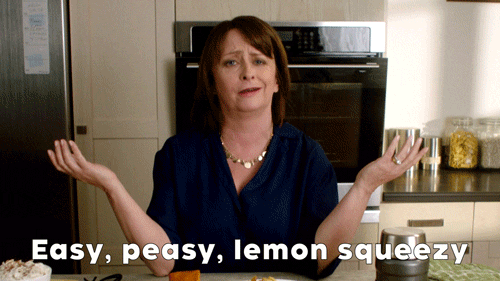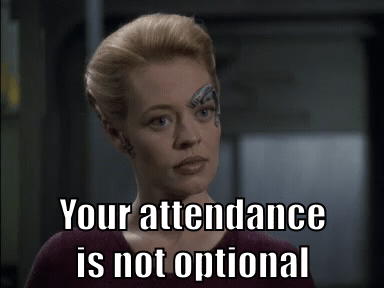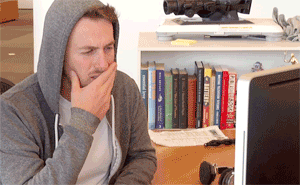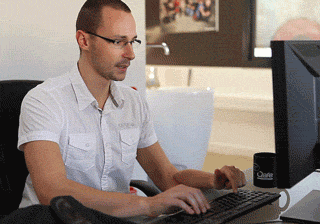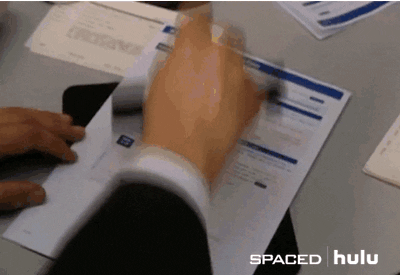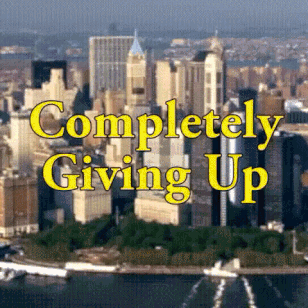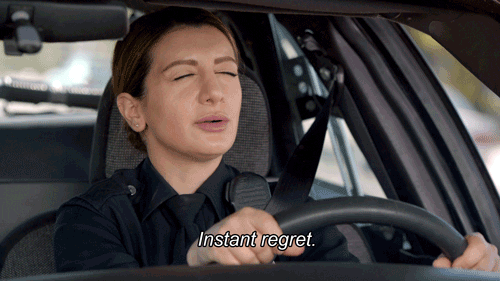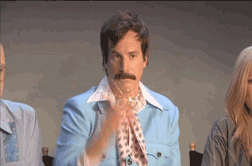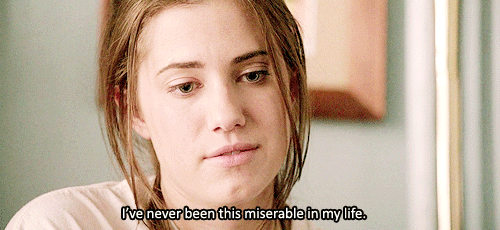Lose all hope, but have a little faith.
This statement may seem like a contradiction, but it is more of a strange paradox. Hope and faith are generally put in the same category of desired virtues, ideally never opposing each other. Today, they do just that.
Hope is (loosely defined) as the belief in an event's occurrence, or the expectation of a fortunate outcome. Hope is what you have when all the odds are against you, and the situation does not seem to be in your favor. Despite the fact that the situation does not seem to have a favorable outcome, hope coerces you to believe that you are entitled to and will receive the outcome that you desire. That's where it can get you into a little trouble.
If you have hope that you will do well on a test, despite not studying or understanding any of the course material, then you are probably going to be disappointed. When you do badly on that test, you should know that it was because you were not well prepared for it. Sometimes hope can entitle you to think otherwise, which only makes the fact that the situation does not go as desired even more frustrating.
Don't hope for the best on that test, study for it. If you do everything that you should, then you are entitled to have some hope. Do not let hope "entitle" you to your desired result.
Faith is a slightly different case than hope. Loosely defined, faith is the strong conviction of someone or something, despite a lack of tangible proof. Faith can present itself as the belief in oneself, and when it does, that person may be altogether better because of it. If a situation does not seem to have a favorable outcome, faith tells a person that they may fight their way through it, or that they are capable of turning the situation around.
If you have faith in yourself for that same test, then you will believe in yourself while understanding your limitations. Faith shows you that you may have the ability to do well on the test, but you must work toward that. Faith gives no entitlements or "false hopes." Faith is not tangible but believes in the opportunity to succeed with a tangible outcome.
This is not to say that hope is a bad thing because it originally wasn't. The feelings of entitlement that now accompany hope are the real problem.
Besides feelings of entitlement, the other fundamental difference between hope and faith is that hope relies on chance events in a circumstance, while faith trusts oneself or a specific thing. This is another gray area. By leaving everything to chance, hope makes a person powerless and subject to their circumstance. Faith gives someone the ability to bestow their trust in themselves or another person.
Lose all hope, have a little faith.
Preaching can go on for all of the eternity, but it makes no difference unless it is put into practice.
Lose all hope. Lose all feelings of entitlement and lose the pity party that accompanies the undesired result due to allowing yourself to become subject to your circumstance. If you don't work for something, why do you feel that you deserve it? When you don't get your "deserved" result, why bother with the frustration? Where is the help in that?
Have a little faith. Believe in yourself and know that you can overcome any circumstance that you are placed in. If you work for something, and it is truly well deserved, then you should have unwavering faith in yourself and the desired result.
Stop believing in something other than yourself. No one is powerless in their situation, no matter how bleak the prospects may seem (this doesn't just refer to a test; this is about the deep stuff). Do not rely on a random variable to improve your situation. Either put a little faith into yourself and make your situation better or find something or someone who will.
As Drake said, "Know yourself. Know your worth." Have some faith in yourself and your capabilities.
Have a little faith in hard work and determination. Believe in yourself, not the possibility of a random change in events to lead to a favorable outcome.














